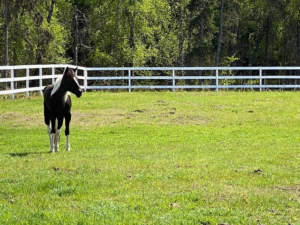Call for Submissions: Issue 9.2 Generations
generation gen·er·a·tion | \ ˌje-nə-ˈrā-shən \
1: a body of living beings constituting a single step in the line of descent from an ancestor
2: a group of individuals born and living contemporaneously
3: a type or class of objects usually developed from an earlier type
Lost, Interbellum, Greatest, Silent, Boomer, Gen X, Xennials, Millennials, Gen Z, Gen Alpha…Granted the youngest member of the Lost generation would be 107 today, but it’s theoretically possible for all these generations to be alive today. All those divisions and all those potentials for media to generate readership with myth, stereotype and cliche, and manipulated media battles (OK, Boomer) between the younger and older generations.
It’s not all media hype. Greta Thunberg, the Sunrise Movement, and other young activists are not wrong to place responsibility for the climate crisis on the generations from the industrial age. But it is only a fraction of society (albeit the most powerful one) that is insensitive to cultural and institutional change, that is a worldwide threat to the climate crisis and democracy.
“Some of the great names in sociology and philosophy saw understanding generational change as central to understanding society overall. Auguste Comte, for example, identified the generation as a key factor in ‘the basic speed of human development’.
“He argued that ‘we should not hide the fact that our social progress rests essentially upon death; which is to say that the successive steps of humanity necessarily require a continuous renovation … from one generation to the next’. …quotes Bobby Duffy (The Conversation, King’s College, London).
Understanding whether, and how, generations are different is vital to understanding society. The balance between generations is constantly shifting, as older cohorts die out and are replaced by new entrants. If younger generations truly do have different attitudes or behaviours to older generations, this will reshape society, and we can, to some extent, predict how it will develop if we can identify those differences.”
In the previous issue “Hope” several authors looked to the younger generation, not to place the responsibility for the future at their feet, but to be inspired by their resilience, creativity, and social responsibility. For this issue, we invite authors to reflect on how the influence of previous generations shape your identity. Immigration and diaspora are the hallmarks of American society. We ask how generations of women, suffragists to feminists, influence modern rights. We invite you to consider the influence of parenthood. We ask how generational change has affected legal precedent, art, science, democracy, and technology. We invite multigenerational submissions.



























